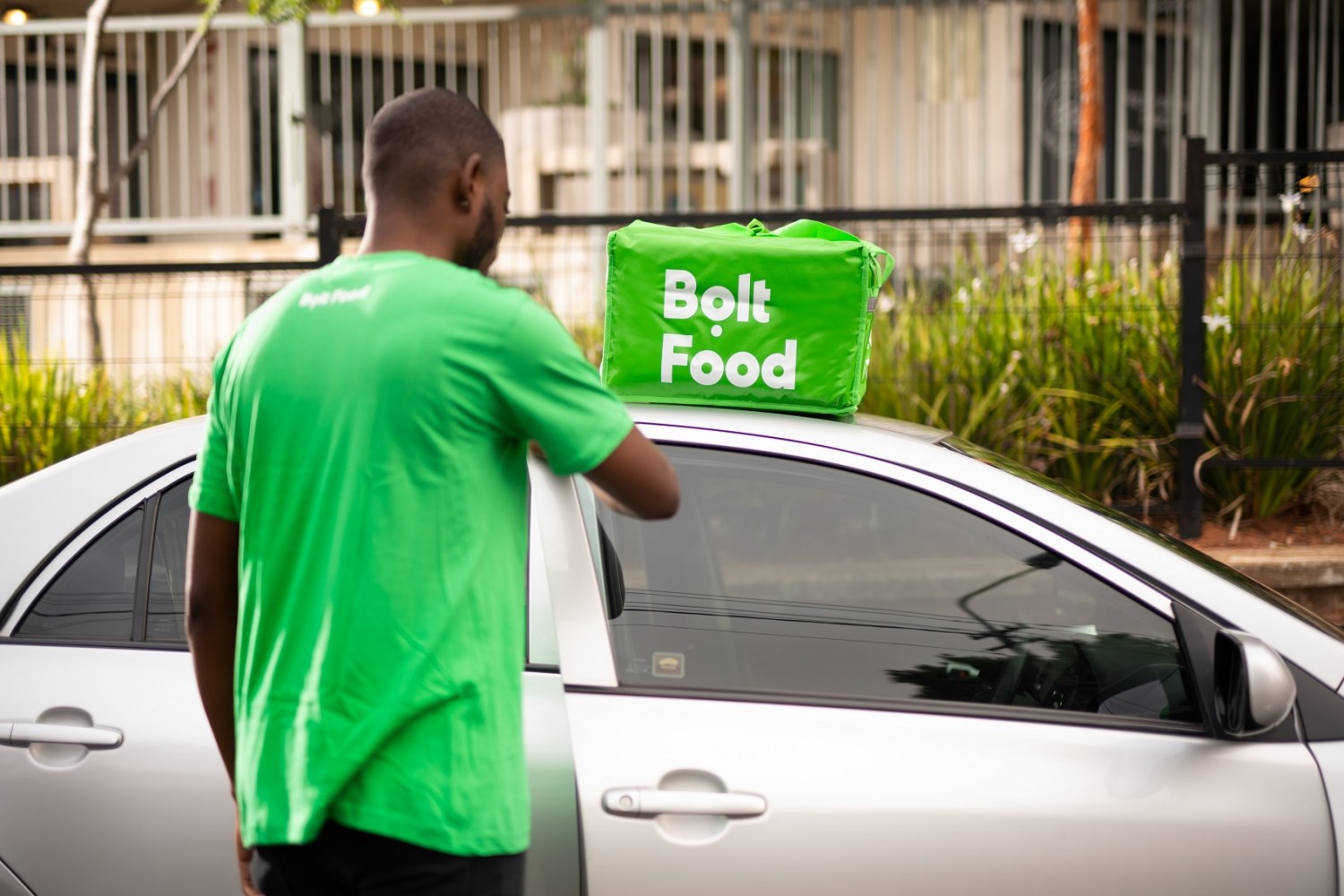Why Bolt Food is Ceasing Operations in South Africa and Nigeria
Bolt Food, the renowned food delivery arm of the ride-hailing giant Bolt, is poised to conclude its operations in South Africa and Nigeria by December 7, citing intensified competition within the online food delivery landscape.
A spokesperson for Bolt conveyed that the decision to discontinue food delivery services in South Africa stems from complex but essential business considerations. The move is aimed at optimizing resources and improving overall operational efficiency. Effective December 8, users will no longer be able to place Bolt Food orders through the app.

While making an exit from the food delivery sector, Bolt reassures its steadfast commitment to other verticals in both countries, prioritizing the delivery of top-notch services to its clientele.
read also Bolt Plans on Transforming Businesses with Fast, Affordable, and Secure Mobility Solutions
Having commenced operations in South Africa in June 2021 and in Nigeria in October 2021, Bolt Food SA currently serves customers in Cape Town and Johannesburg, while in Nigeria, it operates in Lagos.
In anticipation of market shifts, Bolt Food SA had previously outlined plans to unveil Bolt Market on its platform, transitioning into an online marketplace, as disclosed by Tafadzwa Samushonga, the country manager for Bolt Food SA.
As Bolt Food bids farewell to the South African food delivery scene, new entrants are making their mark in a landscape already dominated by major players such as Mr D Food and Uber Eats. Nevertheless, the industry grapples with challenges stemming from escalating petrol prices, inflation, and economic downturn, impacting the overall food delivery market.
The South African online delivery sector has faced scrutiny since the initiation of the Competition Commission’s (CompCom’s) Online Platforms Market Inquiry in 2020. Following extensive investigation and hearings, the CompCom unearthed evidence of anti-competitive behavior by major players like Mr D Food and Uber Eats, posing obstacles to fair competition in the industry.
read also Ghanaian Startup Wahu Mobility Secures Vital Funding to Power Green E-Mobility Revolution
The inquiry underscored the hurdles faced by new and smaller local players attempting to enter the market, owing to incentives offered to restaurant partners and the contractual agreements with food establishments. Additionally, dominant food delivery platforms were found to rely on exorbitant restaurant commission fees and substantial promotions, resulting in customers bearing significant surcharges on meal prices.
In response, the commission advocated for increased transparency, specifically urging the disclosure of menu surcharges for each restaurant and the transparent sharing of meal payment between the delivery platform and the restaurant.
Similarly, in Nigeria, the online food delivery market has witnessed remarkable growth, propelled by surging demand for convenience and a diverse array of food choices. According to estimates from IMARC Group, the Nigerian online food delivery market reached a value of $834.7 million in 2022, with projections indicating a compound annual growth rate of 12.2% from 2023 to 2028, reaching $1,719.4 million. Key competitors for Bolt Food in this expanding market include Glovo, Chowdeck, Buyfood, and Jumia Food. Glovo’s recent collaboration with Chicken Republic signifies a notable shift in partnerships within the food delivery industry.
Despite the industry’s growth, the food delivery sector in Nigeria faces multifaceted challenges, encompassing the management of customer expectations, issues related to food handling, market price fluctuations, and logistical obstacles. Nonetheless, the ingrained culture of dining out in Nigeria remains a driving force, continually drawing new customers to food delivery services and contributing to the industry’s sustained expansion.
Charles Rapulu Udoh

Charles Rapulu Udoh is a Lagos-based lawyer, who has several years of experience working in Africa’s burgeoning tech startup industry. He has closed multi-million dollar deals bordering on venture capital, private equity, intellectual property (trademark, patent or design, etc.), mergers and acquisitions, in countries such as in the Delaware, New York, UK, Singapore, British Virgin Islands, South Africa, Nigeria etc. He’s also a corporate governance and cross-border data privacy and tax expert.
As an award-winning writer and researcher, he is passionate about telling the African startup story, and is one of the continent’s pioneers in this regard


